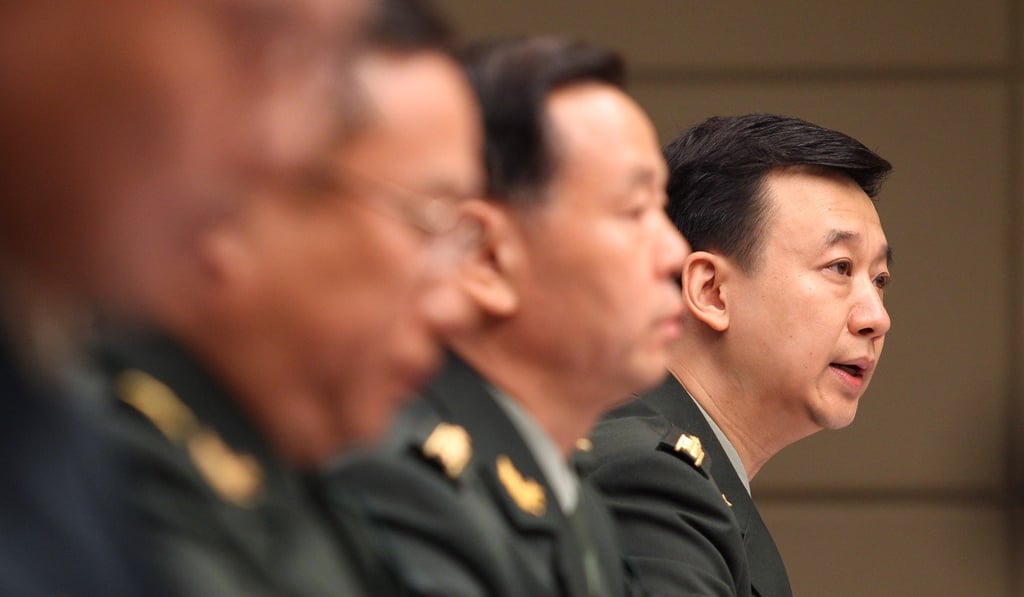China will protect border with India ‘at all costs’
Warning over territorial dispute with India is harshest yet, but analysts see it as bid to improve Beijing’s bargaining position at a security summit

China on Monday issued its strongest warning yet to India over their month-long border dispute, saying Beijing would protect its sovereignty “at all costs”.
Observers believe that China’s stepping up of its rhetoric, which came before a high-level security meeting that involves both Chinese and Indian security officials, gives Beijing more bargaining power in the talks with New Delhi.
Defence ministry spokesman Wu Qian also said that China planned to strengthen its “targeted deployment and exercises” along the disputed border, and that India should “have no illusions” about its military’s capabilities or commitment.

Wu’s comments came just a week after state broadcaster CCTV reported that Chinese troops had taken part in a military exercise using live ammunition on the Tibetan Plateau.